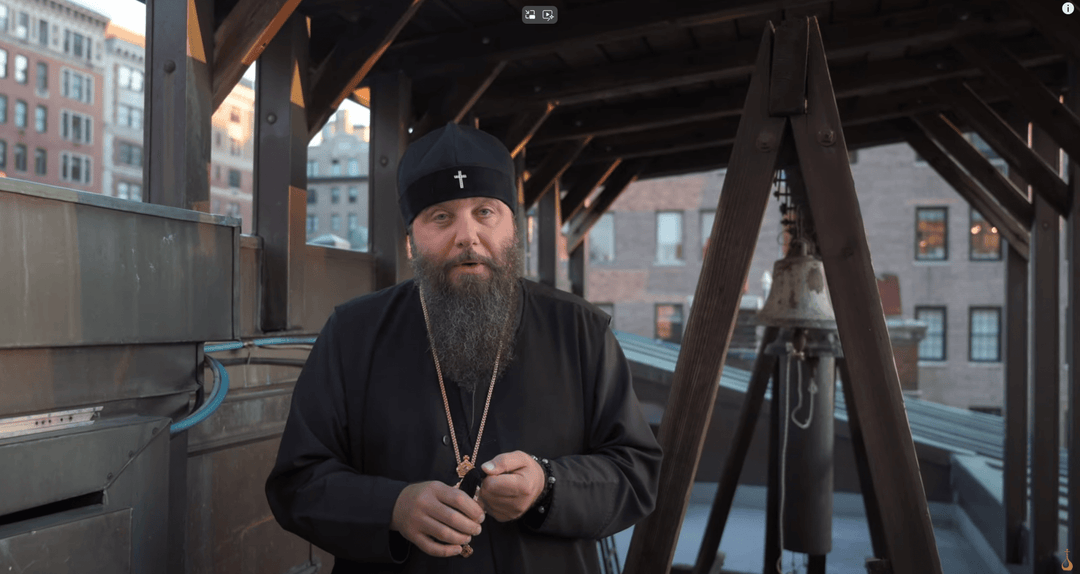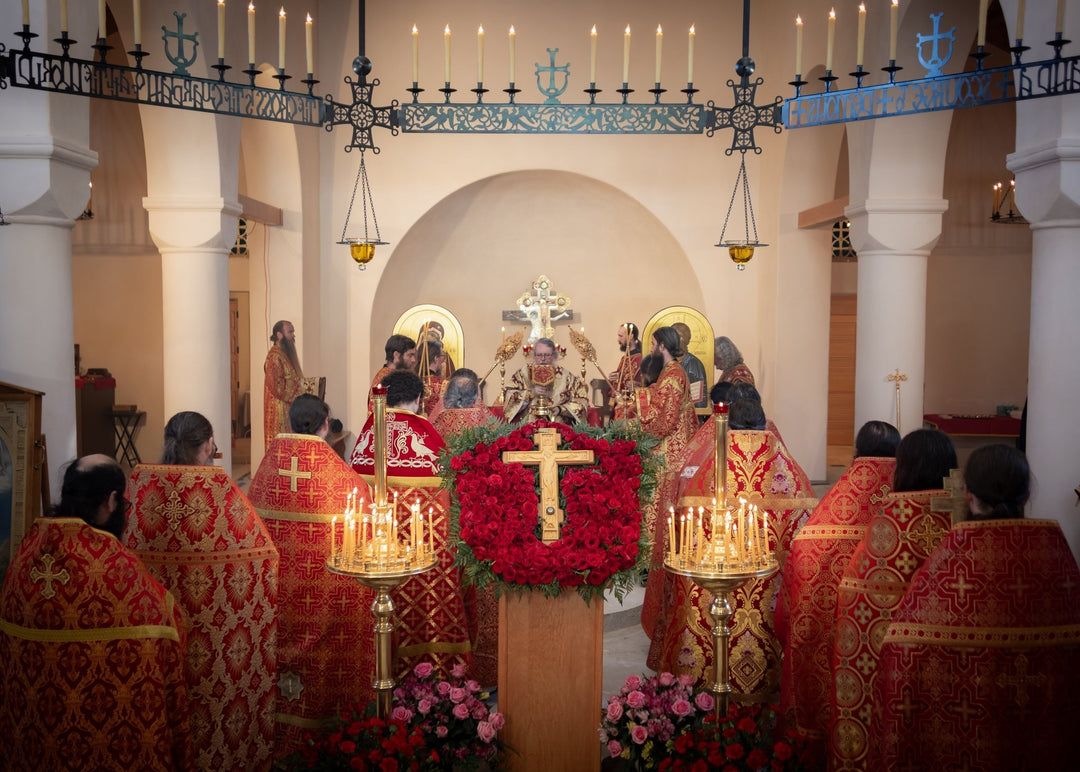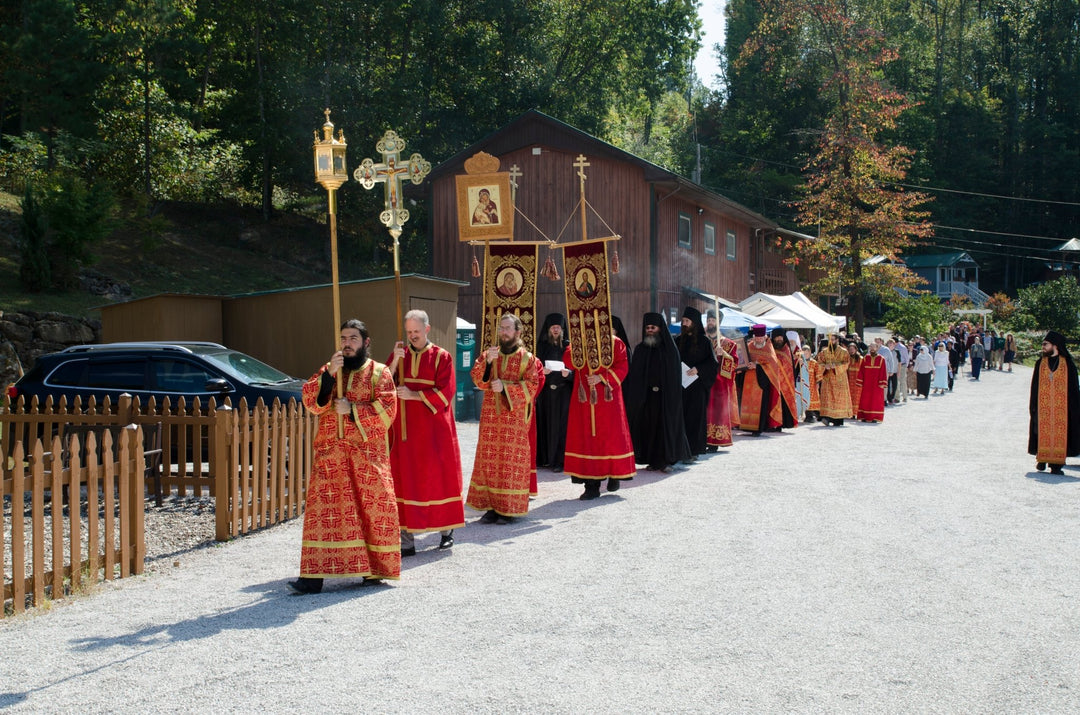Sermons & Homilies
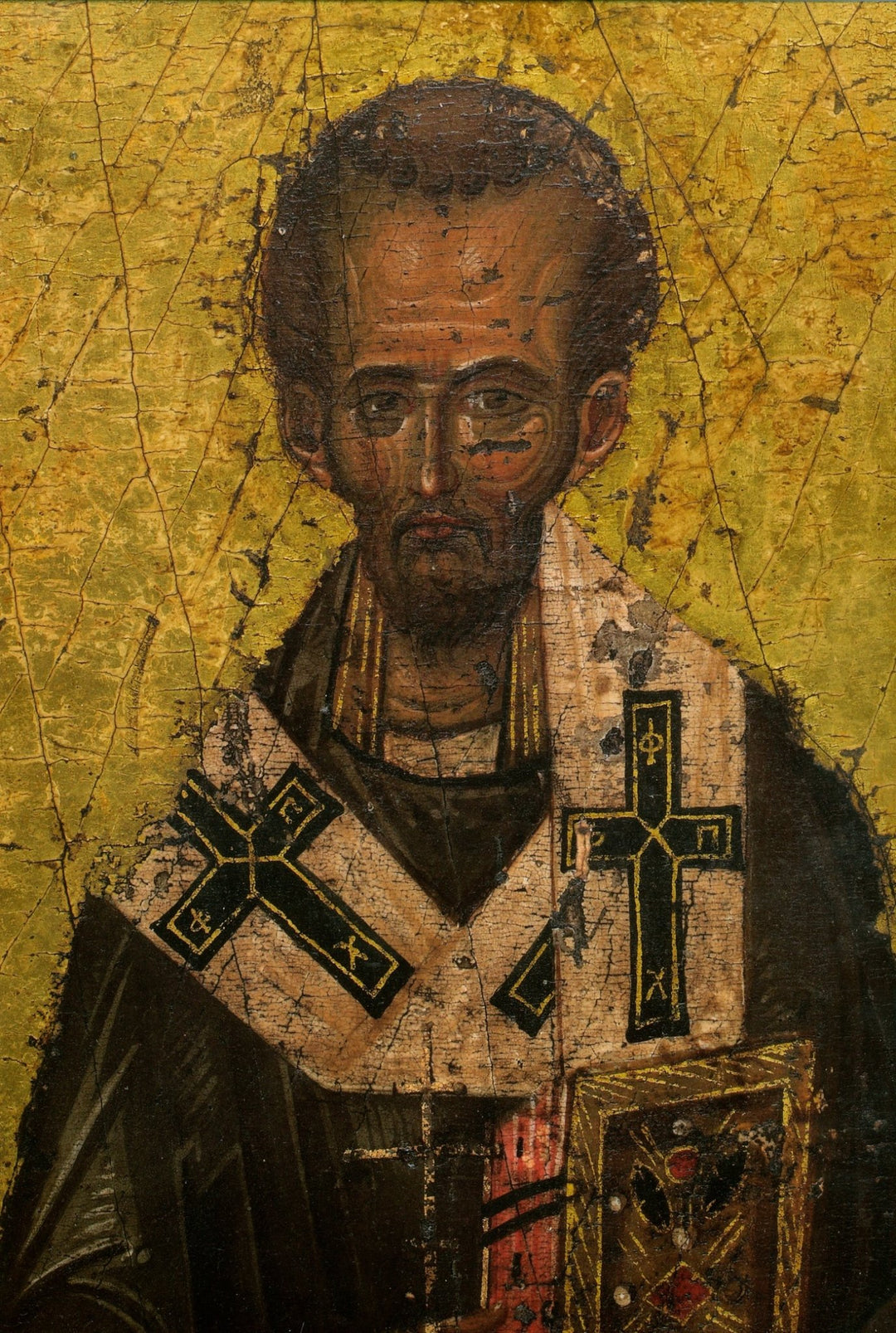
What I undertake, St. John says, is to prove that no one of those who are wronged is wronged by another, but experiences this injury at his own hands.
Continue reading
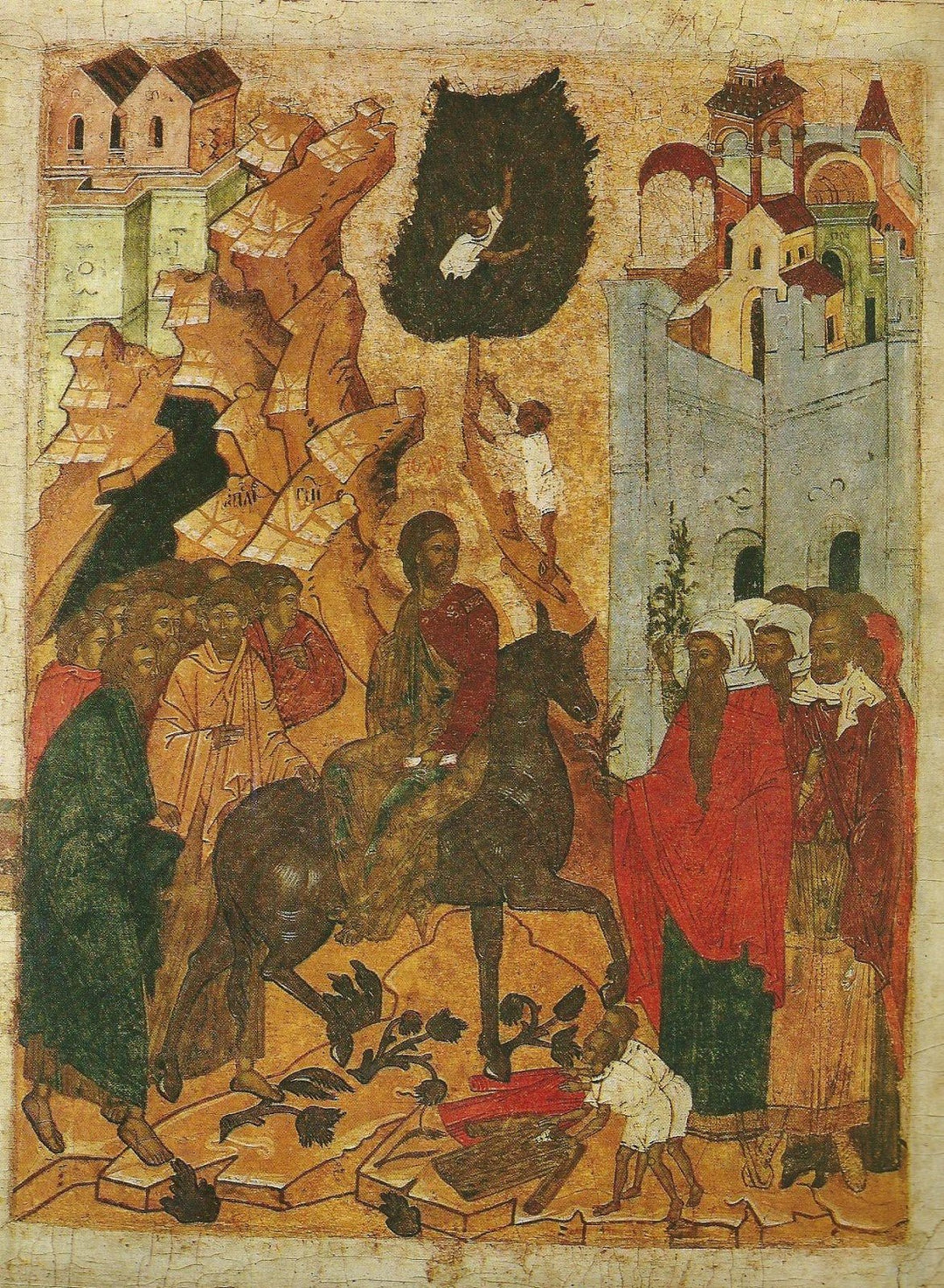
How should we live? The question is presented today, on Palm Sunday and the beginning of Holy Week, because despite how we have spent the whole of Lent, despite how we have lived our life up until now; knowing what we do about the world’s situation, and seeing the ease by which our whole country and the entire world can simply come undone - how should we live?
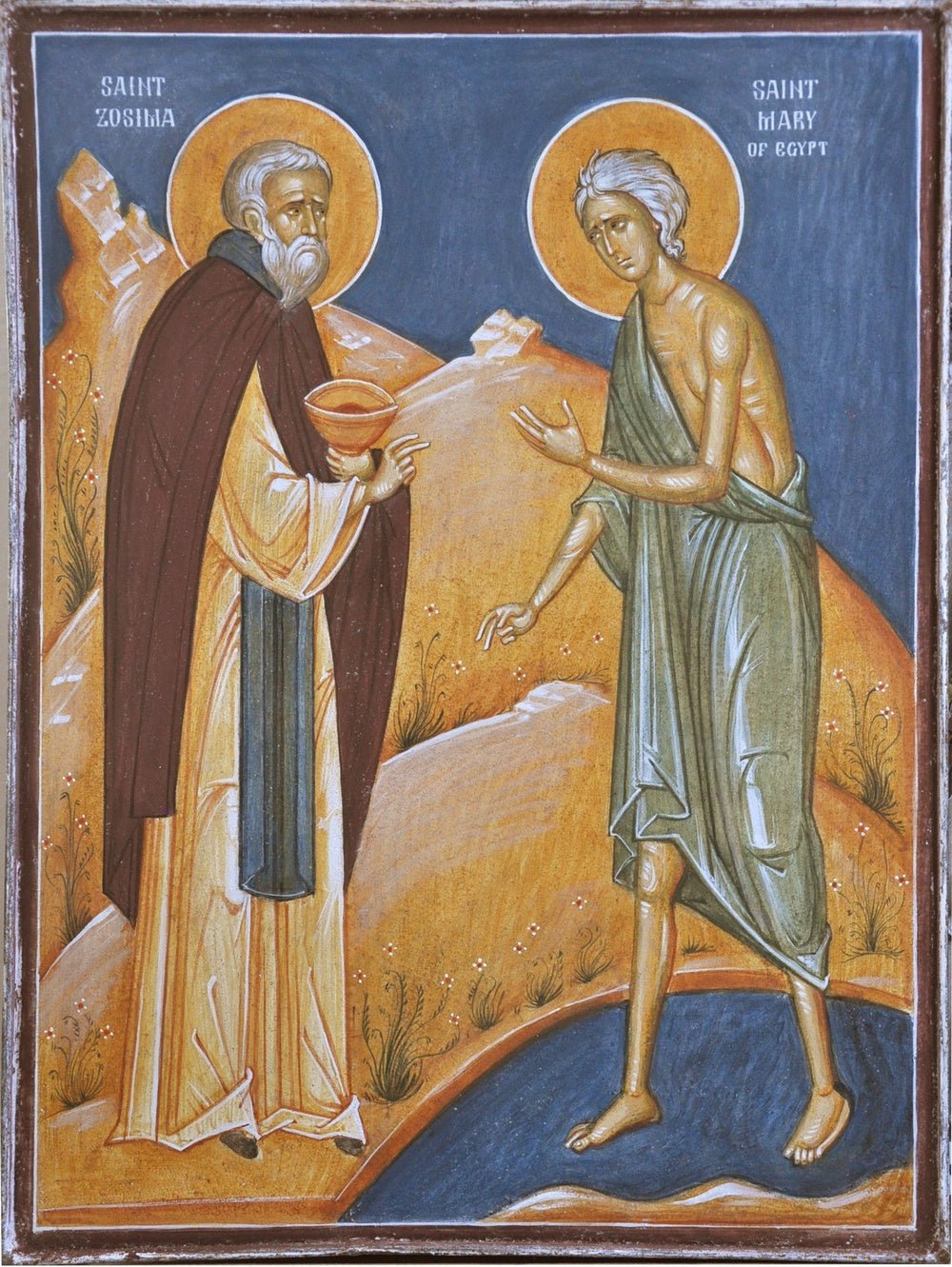
What is the gate of repentance which leads to divine and eternal life in God? The awareness of our sinfulness before Him. Such an awareness of sin came to St. Mary whom all Orthodox Christians commemorate today as a lofty standard of true, life-transforming repentance. However, as we see from her life, an awareness of our sins is often brought about by a seeming misfortune, or impasse, or perplexity in our life.
Continue reading
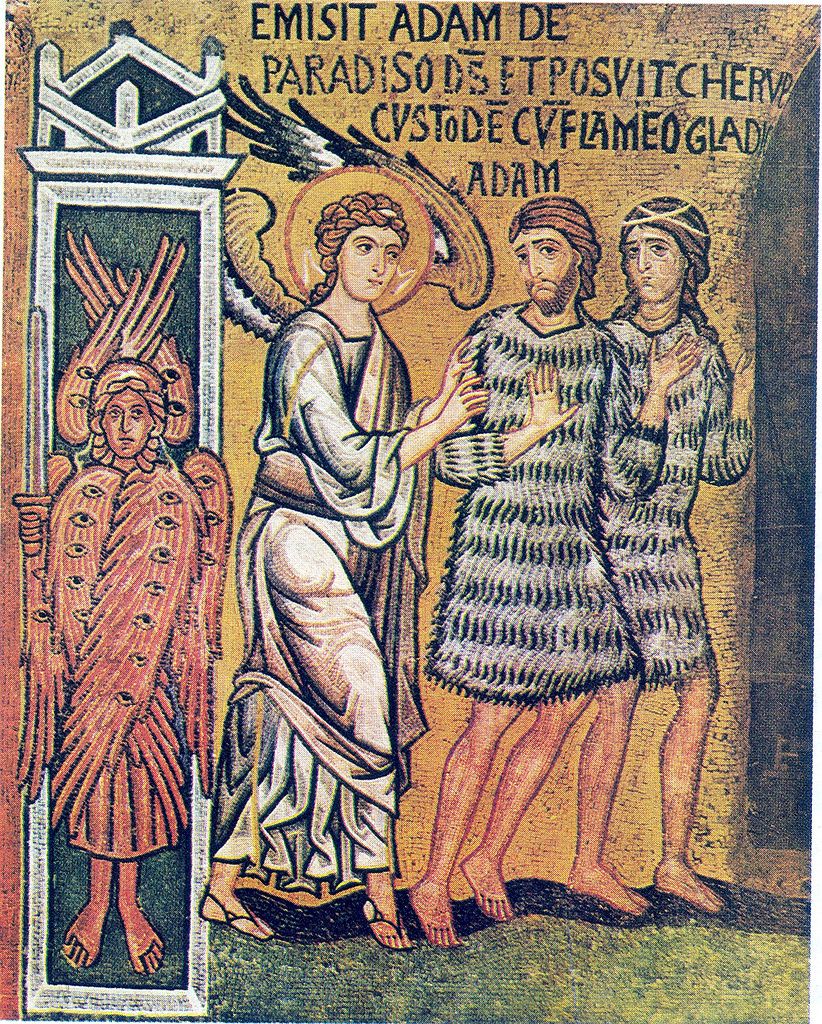
There is no one who comes to Christ in repentance, who will not receive forgiveness, therefore how can it be amongst us that if we have been forgiven that we cannot find the ability to forgive others?
Continue reading
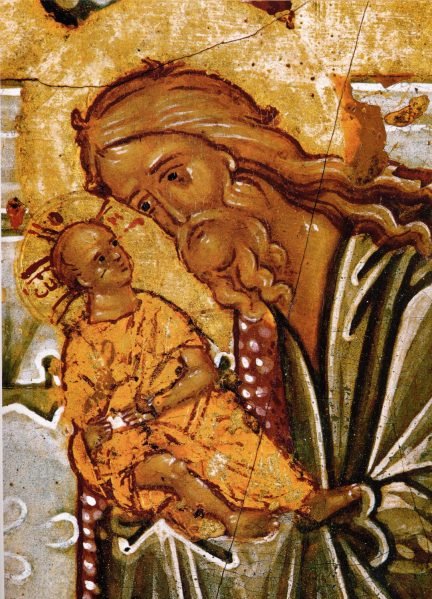
Today is the fortieth day since we celebrated the Nativity of Christ. On this day, we celebrate the Meeting of the Lord. In the book of Exodus, the Lord gave the command to Moses: “Consecrate to me every firstborn male. The first offspring of every womb among the Israelites belongs to me, whether human or animal.” (13.1-2, cf. Luke 2.23). Today, we celebrate this event, as Christ is brought into the Temple by his parents and we note their obedience to the Law, and this particular law which acknowledges God’s beneficence.
Continue reading




